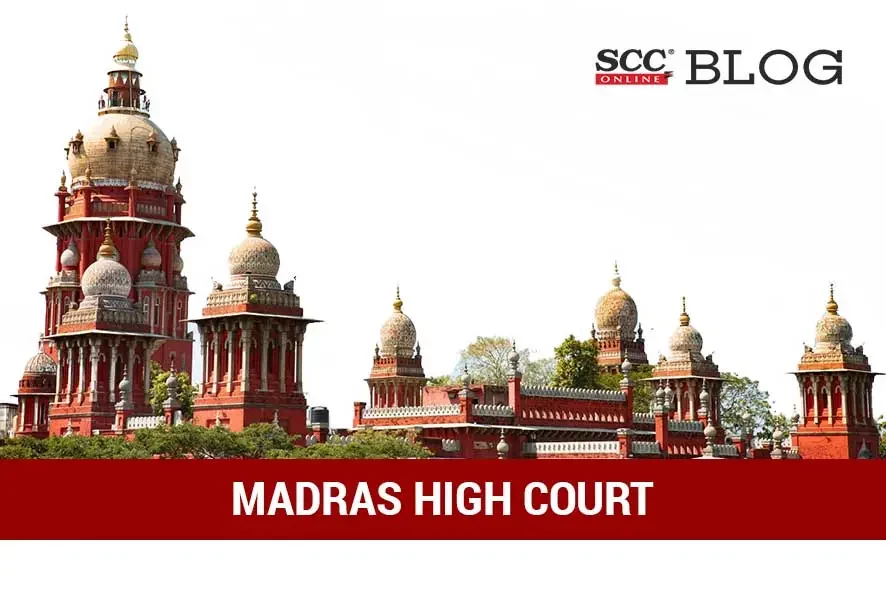Madras High Court: In a criminal revision filed by a husband under Sections 397 read with 401 of Code of Criminal Procedure, 1973 against the order passed by the Judicial Magistrate Court, impleading the respondent (mother —in-law ) as petitioner for collecting the arrears of maintenance amount for her deceased daughter (wife) , V. Sivagnanam, J. said that as the arrears of maintenance accrued till the death of the respondent's daughter, therefore, the Judge rightly impleaded the mother of the deceased daughter in the petition for arrears of maintenance. There is no infirmity in the order passed by the Judge and no reason to interfere with the impugned order and no merit in the criminal revision case. Accordingly, the Court dismissed the criminal revision.
In the case at hand, the husband married the respondent’s daughter and thereafter they got separated. The wife filed a maintenance petition and was awarded monthly maintenance of Rs.7,500/-. For collecting the arrears of maintenance, the wife filed an application, but died before its disposal. Thereafter, her mother filed a petition to implead her as a petitioner and to permit her to recover the arrears of maintenance amount, which was allowed on the ground that she is the legal heir of her deceased daughter and also, she acted as a guardian to her, as she was mentally affected. Aggrieved by this order, the husband filed the present criminal revision.
The Court noted that there is a decree of maintenance, recognising the wife's right to get maintenance. No doubt, the right of maintenance is a wife’s personal right. Further, quoting the maxim “Action personalis moritur cum”, the Court said that this is applicable, so far as future maintenance is concerned. So far as the arrears of maintenance is concerned, it is a property of wife as per explanation 2 Section 14 of Hindu Succession Act. Thus, the arrears of maintenance is the property including both movable and immovable property acquired by a Hindu under a decree.
The Court also took note of, Section 6 of the Transfer of Property Act, 1882, (‘TP Act') and said that only the arrears of maintenance were due in the nature of property, which is heritable, but a right to future maintenance is however not transferable or heritable by virtue of Section 6(dd) of TP Act.
Placing reliance on Yallawwa v. Shantavva, (1997) 11 SCC 159 ,the Court said that if the wife dies leaving behind her any property, as per section 15 of the Hindu Succession Act,1956 (‘HSA') the property of the female Hindu shall devolve according to the Rules set out in Section 16, firstly, upon the sons and daughters and the husband. However, because of a divorce decree, when the spouses do not remain husband and wife, the mutual rights of inheritance in each other’s property on the death of either of them got extinguished. Thus, as per Section 15(1)(c) of HSA the mother is entitled to the property of her daughter.
As in the present case, the arrears of maintenance accrued till the death of the respondent's daughter. Therefore, the Court held that the Judge rightly impleaded the mother of the deceased daughter (wife of the petitioner) in the petition for arrears of maintenance.
[Annadurai v Jaya, 2023 SCC OnLine Mad 2604, Order dated: 21-04-2023]
Advocates who appeared in this case :
For Petitioner: Advocate K. Govi Ganesan
For Respondent: Advocate R. Amburaj







